Java is among the most popular programming languages used today. It is a general-purpose, object-oriented, high-level programming language that has a wide variety of applications. You can use Java for developing web applications, mobile applications, games, and desktop GUI applications.
James Gosling developed Java in 1995. However, today Oracle Corporation is responsible for the development and maintenance of the Java SE platform. The programming language comes with a functionality known as Write Once, Run Anywhere (WORA), which basically makes it a cross-platform programming language. Also, compiled Java code can literally run on any system that supports Java (and JVM) without the need to recompile it, all thanks to WORA.
If you are interested in becoming a Java developer, the first thing you need to do is learn the fundamentals of Java. Once you become familiar with Java, it would be an ideal decision to work on some Java projects. Also, even if you have experience working with Java, you can boost your skills by working on more advanced projects.
In this article, we will list the best Java projects that you can work on to enhance your skills.
So, let’s get started!
Importance of Working on Java Projects
Working as a professional Java developer requires you to have at least some experience in writing good Java code. While learning Java, the focus is on learning the essential concepts. However, it is important to develop the ability to apply those concepts to create Java-based applications that solve various real-world problems.
Working on real-world Java projects is the best way to put your knowledge into practice. You can develop projects of varying difficulty levels to boost your knowledge and learn new concepts related to Java programming. In addition, the most crucial benefit of developing Java projects is that you can add them to your portfolio and get better job opportunities.
10 Best Java Projects with Source Code
Here are the best Java projects that you can accomplish to take your knowledge and skills to a whole new level. Also, we have provided the source code for each project to make it possible for you to develop these projects with ease.
Java Projects for Beginners
1. Temperature Converter

Building a temperature converter is a great idea if you have just started with Java. The concept of a temperature conversion application is simple, it should convert the temperature input by a user from Celsius to Fahrenheit and vice-versa.
To build this application, the first thing that you should know is the mathematical formula for converting temperature from celsius to Fahrenheit and from Fahrenheit to celsius. You need to create an interface that has one input field, a “Convert” button, a section that displays the output, and another button that allows the user to change the conversion from Celsius to Fahrenheit and vice-versa.
Also, you can add code to detect if the input is not appropriate. For instance, if a user enters a non-numerical input, the converter should display an error with the message “Invalid Input.”
Source Code:
2. Number Guessing Game
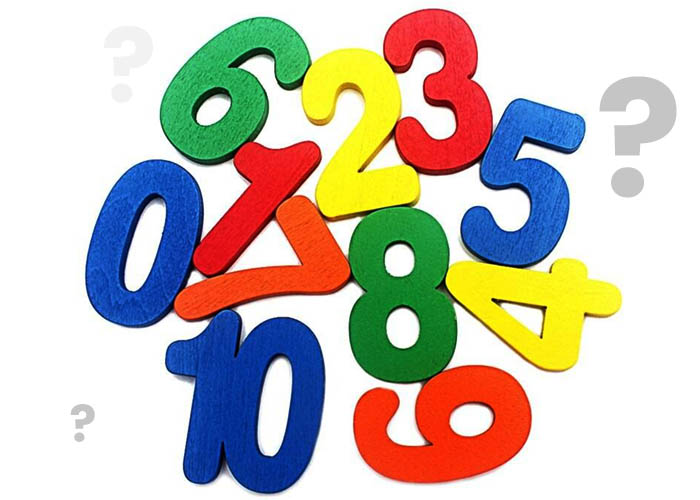
This is a fun project that you can develop easily and it can make your portfolio attractive, especially if you are a beginner. The number guessing game requires you to build an app that generates a random number and the user has to guess that number. If users guess correctly, points will be awarded to them.
You can decide the rules of the number guessing game as per your liking. For instance, you can limit the number of attempts, fix the range for the number generation, reward points in accordance with the number of attempts, and so on.
In the number guessing game, the computer needs to generate a random number between the specified range, say 1 to 100. The user is then prompted to guess the number and enter the number in an input field.
After comparing the generated number with the number input by the user, a message will be displayed that tells the user if their guess is correct or if the guessed number is higher or lower than the randomly generated number.
Source Code:
3. Digital Clock

This is yet another suitable Java project for beginners that you can create quickly. A digital clock is something that you are likely familiar with. The digital clock that you need to create simply needs to display the current time.
Apart from displaying the hour and minutes, your digital clock can even display seconds. Also, you can add more functionality to your digital clock by displaying the date and the day of the week. There are various additional features that you can integrate into the digital clock such as a stopwatch, timer, and timezone.
To create a digital clock, you need to have knowledge of designing UI as your digital clock should be visually appealing. However, to keep things simple, you can create a basic digital clock with a minimalistic design.
Source Code:
Java Projects for Intermediate-level Learners
4. Student Management System
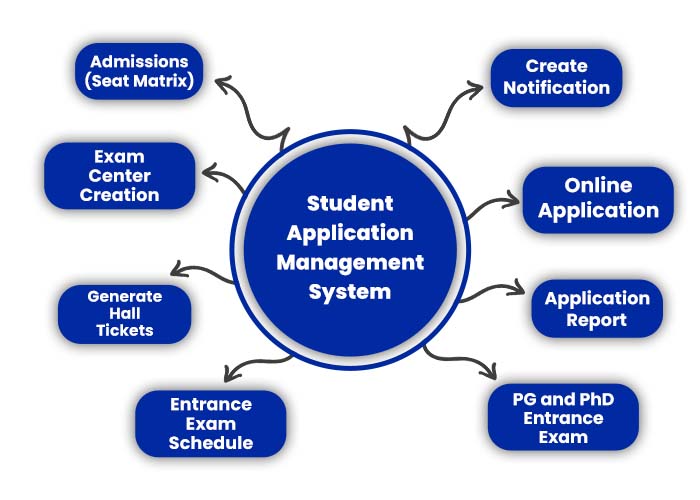
A student management system would be a great addition to your resume. If you have developed a few beginner-level Java projects, you will find it easier to develop this project. In general, a student management system allows an educational institution to manage students and facilitate various processes, ranging from student admission to sharing feedback on assignments.
To create a student management system effectively, you need to divide it into multiple sections or modules. For instance, you can divide the system into three main modules, namely administrator, student, and teacher. Also, each of these modules needs to have a separate interface.
The administrator interface allows one or more individuals to take charge of the whole system. In other words, an administrator has the privileges to manage the accounts of students and teachers, view all the information, and enable/disable features accessible to students and teachers.
The student's module handles the student accounts, and allows students to log in to their accounts, upload assignments, view feedback, and scores, etc. Similarly, the teacher's module allows teachers to log in to their accounts, manage student attendance, view submitted assignments, upload grades, and so forth.
Source Code:
5. Online Survey System
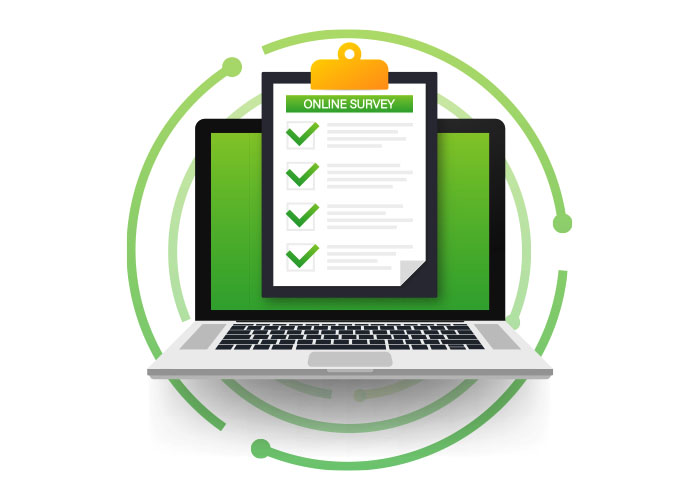
Surveys allow businesses to collect important information from customers that can help to create effective marketing strategies, modify products or services to meet some specific needs of customers, and so on.
In this project, you need to leverage various Java concepts to create an online survey system that businesses can use to create surveys and share them with customers. The system can also have the feature to share the surveys with customers via email.
You can also add functionality to the system that only allows specific users or customers to access a particular survey. While developing such a system, you need to make sure that it makes use of a database management system (DBMS), such as MySQL or PostgreSQL to store survey data.
Source Code:
6. Library Management System

With Java, you can create a library management system that tends to make it easy to manage various tasks associated with a library. A library management system can have two separate portals, one for borrowers/students and the other for the library staff.
Typically, a library management system allows borrowers to register themselves, search for books, request for issuing a specific book, check the status of their borrowings, and more.
Similarly, the library management system makes it possible for the library staff to view details of each borrower, check the availability of books, manage fees, and send reminders to borrowers to return issued books, etc.
Building a library management system can be quite challenging as you need to create various modules to handle the different functionalities. Also, you need to connect the system with a database that can securely store and retrieve all the data quickly and efficiently.
Source Code:
7. Snake Game
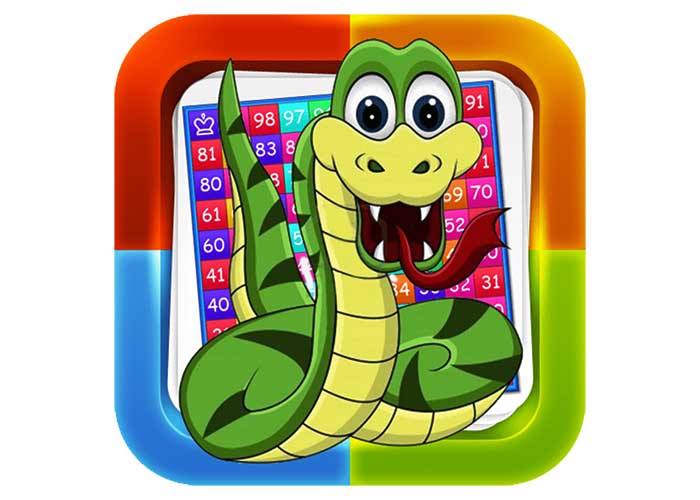
Java is a powerful programming language, and the best part is that you can use it to create games. In fact, you would find it interesting to know that Minecraft, which is one of the most popular sandbox video games, has been created using Java. Nonetheless, this Java project requires you to build a classic 2D snake game that you might have played when you were a child.
By developing the snake game, you will be able to learn and implement various concepts in Java. Also, you will need to make use of object-oriented programming concepts to build the snake game effectively. Following are some of the key rules that your snake game needs to follow:
- A player can move the snake figure in all four directions.
- Snake food appears randomly at the different parts of the play area.
- The length of the snake increases as it collects or eats food.
- If the snake hits the boundary of the play area or runs into its own body, the game session will end.
Source Code:
Java Projects for Advanced Learners
8. Online Book Store
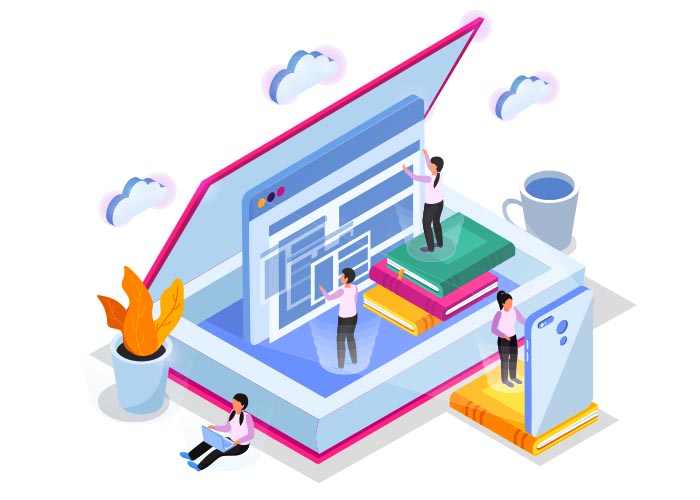
With the increasing popularity of online shopping, many bookstores are focusing on selling books online to their customers. This Java project focuses on building an online book store where customers can seamlessly discover all the available books and make a purchase.
The online book store needs to have a user-friendly interface that displays all the books across different categories. One or more images of a book along with its price would help customers with their buying decision.
Also, you can add the functionality that allows customers to create their personal accounts so that they can enjoy a seamless shopping experience. The bookstore that you will create needs to have two portals - a customer portal and an admin portal. The admin portal will make it possible for the book store owner to add books, manage inventory and customers, view all orders and their status, and get sale stats.
On the other hand, the customer portal will let customers explore the store and purchase books. Also, you can integrate a payment gateway with your online bookstore that makes it possible for customers to make online transactions. The store can have a shopping cart that lets customers add multiple books and checkout conveniently.
Source Code:
9. Media Player Application

Building a media player application with Java can be a great idea if you want to take your skills to the next level. As you may be already using one or more media players, you are likely familiar with the key features of a media player.
As Java is suitable for building desktop as well as mobile applications, especially for Android, you can create a media player application for desktop or mobile devices as per your choice.
Also, it’s up to you whether you want your media player to play only audio files or play audio as well as video files. Before you start working on this project, you need to understand that creating a media player requires you to have extensive knowledge of Java. However, if you successfully accomplish this project, it would be a rewarding experience and beneficial for your career.
Some of the key concepts that you need to know for creating a media player application include multithreading and file handling.
Source Code:
10. CRM (Customer Relationship Management) System
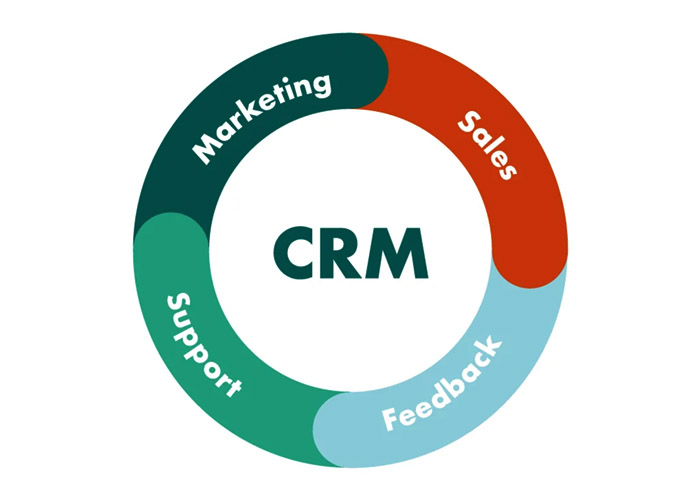
This is one of the complex Java projects that requires you to have a solid understanding of various Java concepts and experience working on several Java projects. A CRM or Customer Relationship Management system has several features, such as contact management, workflow automation, lead management, and quote and order management.
The basic motive of a CRM is to help a business to drive sales, provide effective customer support, and interact with existing as well as potential customers effectively. For every feature that you add to your CRM, you need to create a separate module to make the project more manageable.
The CRM should allow multiple users to create accounts under a single business entity and share customer queries and other information with their team members.
Overall, there are several features that you can add to your CRM. However, keep in mind that the more features you integrate into the CRM, the more complex it will become, thus you need to plan accordingly.
Source Code:
Conclusion
Whether you are an entry-level Java developer or have some industry experience working with Java, the aforementioned projects can help you boost your knowledge. Also, by accomplishing one or more Java projects, you can add them to your resume and show off your skills to recruiters.
The projects that we have mentioned above have different difficulty levels. It is important that you choose projects according to your experience working with the Java programming language. As a newcomer, it would be great for you to start developing beginner-level projects and then move to more complex projects.
People are also reading:
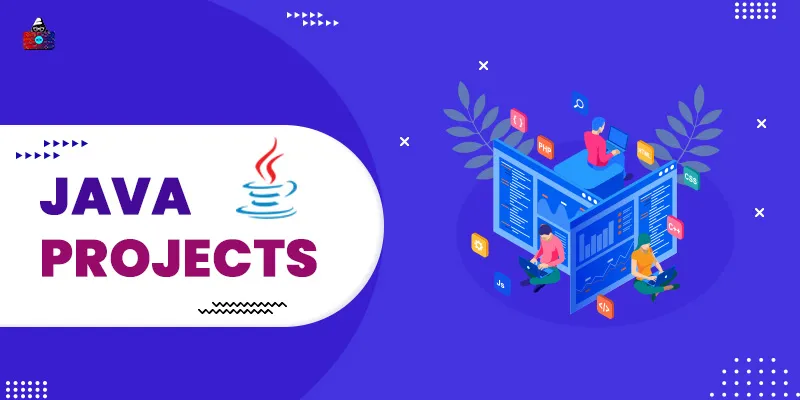




Leave a Comment on this Post